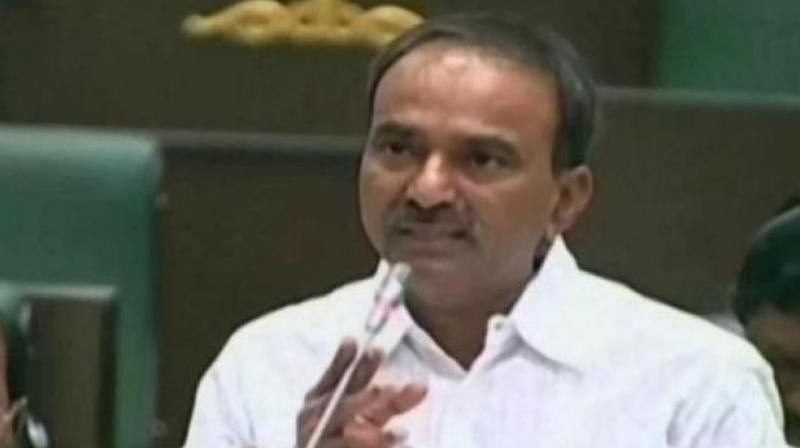Banks in Telangana refuse to bear cheque costs

Hyderabad: Banks have asked the government to bear the expense of printing of cheques for disbursal of the Rs 8,000 per acre sop to farmers. Banks estimated that printing 70 lakh cheques for kharif season and another lot for rabi would entail a cost of Rs 4 crore. The government had asked banks to keep cheques ready for distribution from May 1 to May 15.
The issue came up during a meeting convened by the Cabinet sub-committee headed by finance minister Etela Rajender with bankers to discuss modalities for smo-oth distribution of cheques. Bankers expressed their inability to bear the expense of printing and transportation of the large number of cheques twice every year and asked the government to bear the expenses.
“Each cheque will cost Rs 3 to print. There will also be transportation and logistics casts. The total expense for every crop season will be over Rs 2.10 crore, and to distribute cheques twice for two crop seasons a year we will need Rs 4.20 crore,” bankers are learnt to have told ministers in the meeting.
Mr Rajender subsequently brought the issue to the notice of Chief Minister K. Chandrasekhar Rao, who then spoke to officials in State Bank of India, the lead bank for Telangana government, and inquired if those charges could be waives off.
Bank officials, however, are learnt to have conveyed that banks could not bear such a high expense on their own to extend sop to farmers.
Left with no option, the Chief Minister asked officials to include the expenditure on printing and transportation of cheques in the Budget 2018-19 allocations for farmer sop.
Mr Rao plans to hold the programme for cheque distribution to farmers in a grand manner in every village by involving ministers, party MPs, MLAs, MLCs and other public representatives.
The government wants to send a message across that the TRS was the only party to extend cash assistance to farmers for two crops every year. The government will present a special Agriculture Budget this year to fund the farmer sop scheme which will cost the state Rs 10,000 crore annually.

